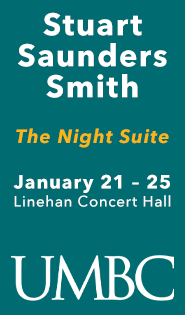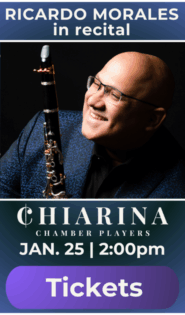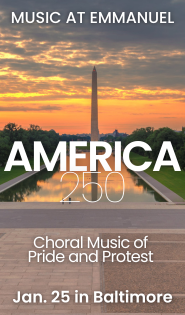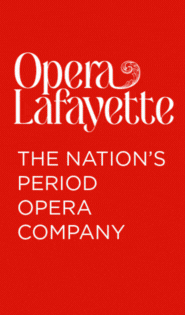Opera Philadelphia excavates a fascinating rarity with Rossini’s tri-tenor “Otello”
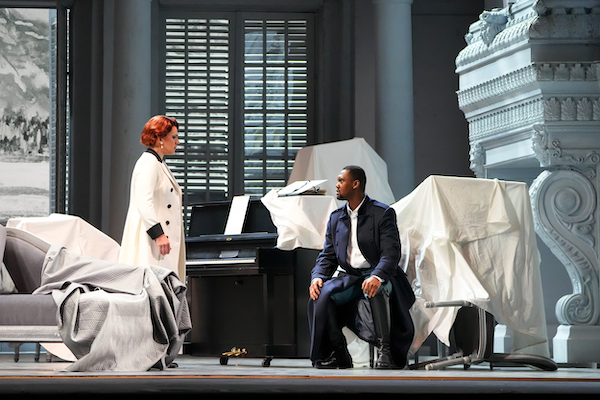
Daniela Mack as Desdemona and Khanyiso Gwexane in the title role of Rossini’s Otello at Opera Philadelphia. Photo: Steven Pisano
Opera Philadelphia’s “Festival O22” continued Friday night with a revival of Rossini’s rarely performed setting of Otello.
The neglect of this 1816 work is understandable if unjustified. Verdi’s 1887 masterpiece on the same material is one of the supreme operatic settings of Shakespeare, while the libretto of Rossini’s Otello, by Francesco Berio de Salsa, takes liberties with the source material common for the time but less forgivable by later generations.
The opera also demands three tenors in the male leads, a function of the singers available at the time but an unusual casting assignment today. As Opera Philadelphia demonstrated, however, there is much to appreciate about this earlier Otello, and for audiences largely familiar with Rossini’s comedies (including those of us with less affection for them) it is something of a revelation to encounter what the composer had to offer in his dramatic stage works.
The unique choices in Salsa’s libretto are most keenly felt in the opera’s first two Acts. Where Boito’s libretto for Verdi stays laser-focused on the central drama between Iago, Otello, and Desdemona, Salsa promotes other subplots in the play to foreground a love triangle with Rodrigo as well as Desdemona’s family drama with her disapproving father.
As a larger driving force in the plot, Rodrigo also gets the lion’s share of the work’s most spectacular coloratura showpieces, sung here by Lawrence Brownlee. Brownlee eagerly embraced this more substantial Rodrigo, replacing the dissolute suitor familiar from the play with a man festering in profound disdain for the romantic opportunity that Otello has taken from him. This culminates in the second act showpiece “Che Ascolto?” a complete little scena for wronged tenor that allowed Brownlee to demonstrate all the hallmarks of his art, from gorgeous long-breathed lines to spitfire coloratura and a generous display of irresistible golden high notes.
More focus on Rodrigo’s grievances leaves Iago in a somewhat redundant role, where he is motivated not by existential hatred for his fellow man, but lingering soreness about also being spurned by Desdemona at some earlier point. Alek Shrader brought an appealing sound to Iago but struggled to make an impression in the several duets where the character might break through in the absence of any dedicated solos.
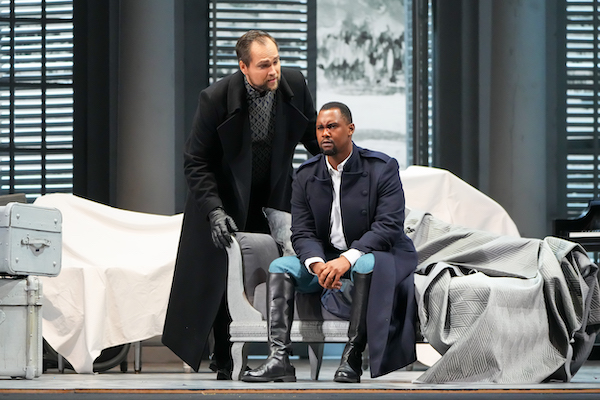
Alek Shrader as Iago and Khanyiso Gwexane in the title role of Rossini’s Otello. Photo: Steven Pisano
The focus on Rodrigo also means that the character of Otello, sung here by South African tenor Khanyiso Gwexane in his U.S debut, takes a while to come into focus. Gwexane’s voice is light and flexible enough for Rossini, but had enough heft to provide dramatic color and a grounded but still ringing top. His sound beautifully complemented Brownlee’s in their thrilling confrontation duet in Act II (“Ah vieni”).
Otello’s first two acts give little hint about what Rossini has in store for the character and larger treatment in Act III, however, as the mostly conventional format thus far gives way to a very different dramatic approach The final act iffers extended dramatic monologues for Desdemona and Otello, followed by a staggering confrontation and murder scene. Accompanied by a roiling score replete with storm effects which seems to hint at the finale of Rigoletto, Gwexane made much of this scene, effectively playing the poignant moments in Otello’s monologue as well the terror of his crime.
Amid all the tenors, however, it is ultimately Desdemona that emerges as the most complete character in the work. Desdemona’s grief here is the product of not only Otello’s jealousy, but Rodrigo’s pestering and her father’s disappointment as well.If her suffering under so much plot is a bit harder to track, it is no less acute.
Daniela Mack offered a superb turn as the doomed spouse, her rich, incisive mezzo effectively handling the varied vocal demands of the role, from heavy dramatic writing in the Act II finale and final confrontation scene to skillfully dispatched moments of coloratura and an exquisite reading of Rossini’s own take on the “Willow Song.”
Mezzo-soprano Sun-Ly Pierce brought a bright, attractive sound to Desdemona’s maid, Emilia, particularly in a warm Act I duet with Desdemona. Christian Pursell’s medium weight bass-baritone pleased in the music for Desdemona’s father Emilio, though casting a younger singer as this authority figure sacrificed verisimilitude in the dynamic between the overbearing father and vulnerable daughter.
Conductor Corrado Rovaris led the Opera Philadelphia Orchestra in a broadly satisfying reading of Rossini’s score, deftly switching between the light, quick Rossini music and weightier material, and building to exciting climaxes in Act I and II. Tempi throughout were brisk but with space for the drama to unfold, though energy seemed to flag in some of the extended exposition scenes.
The score affords lots of opportunities for exposed solos, highlighting fine work from the woodwinds but some challenges in the brass. The Philadelphia Opera Chorus, prepared by Elizabeth Braden, delivered boisterous support in the extensive choral writing that underpins a number of ensemble scenes.
The production, originally from Liege and directed by Emilio Sagi, updates the action to the early 20th century but largely leaves further insights about this choice up to the audience. The set design, by Daniel Bianco, places the action in a single grand period room painted entirely in shades of monochrome, and subtly lit by Eduardo Bravo. There was an austerity here that married well with the tragedy at times. Yet it also became tiring after the opera’s three hours and jarred in Act III, when Desdemona’s bedchamber at night seemed to play out in the same generic late-afternoon lighting from the previous act.
Otello runs through October 2 at the Academy of Music in Philadelphia. operaphila.org


